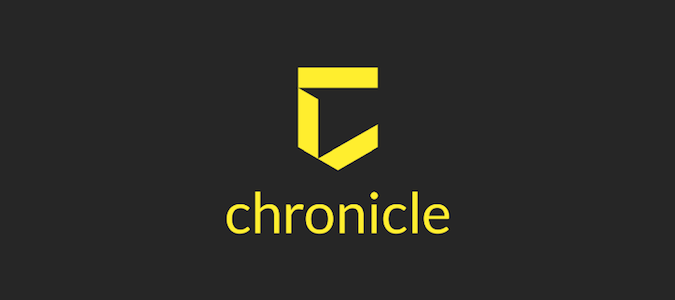
Google parent Alphabet on Wednesday announced a new standalone business dedicated to cybersecurity.
Called Chronicle, the newly unveiled company was born in 2016 as a project within X, Alphabet’s “moonshot” factory, with ambitions of analyzing massive amounts of data to provide security teams with insights into areas of “likely vulnerability” to help them protect their data.
“X, the moonshot factory, has been our home for the last two years while we figured out where we had the potential to make the biggest impact on this enormous problem,” Stephen Gillett, CEO of Chronicle, wrote in a blog post.
The new company, Gillett says, “will have two parts: a new cybersecurity intelligence and analytics platform that we hope can help enterprises better manage and understand their own security-related data; and VirusTotal, a malware intelligence service acquired by Google in 2012 which will continue to operate as it has for the last few years.”
“We want to 10x the speed and impact of security teams’ work by making it much easier, faster and more cost-effective for them to capture and analyze security signals that have previously been too difficult and expensive to find,” added Gillett, a former executive at Symantec, Best Buy and Starbucks. “We are building our intelligence and analytics platform to solve this problem.”
Few details have been provided, and many questions remain on exactly what Chronicle’s platform will bring to the table, and how it will be deployed in an enterprise. With that said, Google has been innovative with its own internal security tools and initiatives, and it’s likely that Chronicle’s offerings will be compelling.
In June 2017, Google shared details on the security infrastructure that protects its data centers. Late last year, Google also shared detailed information on how it protects service-to-service communications within its infrastructure at the application layer and the system it uses for data protection. The search giant also has provided technical details on how it uses a “Tiered Access” model to secure devices for its global workforce of more than 61,000 employees.
“Inspired by Google’s own security techniques, we’re advancing cybersecurity for enterprises of all sizes,” Chronicle’s website says.
Chronicle, says X’s Astro Teller, is starting “by trying to give organizations a much higher-resolution view of their security situation than they’ve ever had by combining machine learning, large amounts of computing power and large amounts of storage.”
According to Gillett, the company will have its own contracts and data policies with its customers, while also being able to tap expertise across the entire Alphabet ecosystem.















